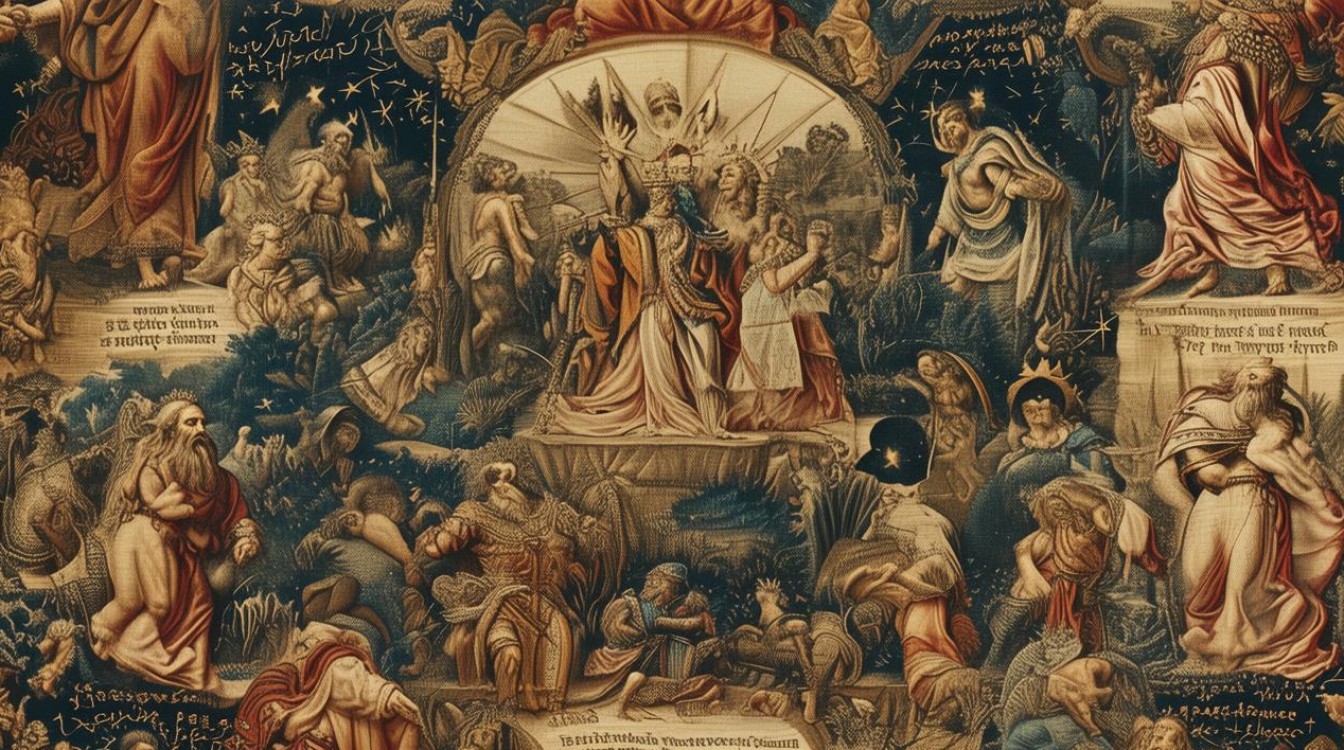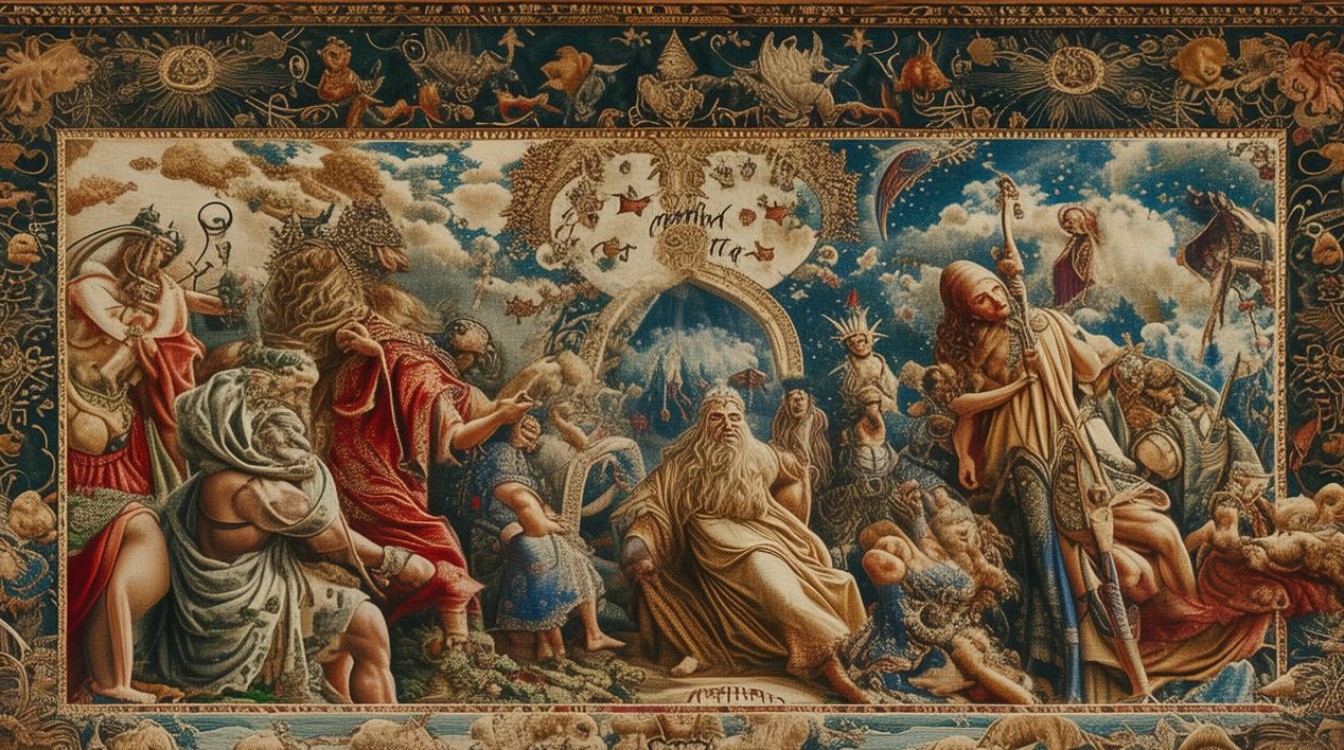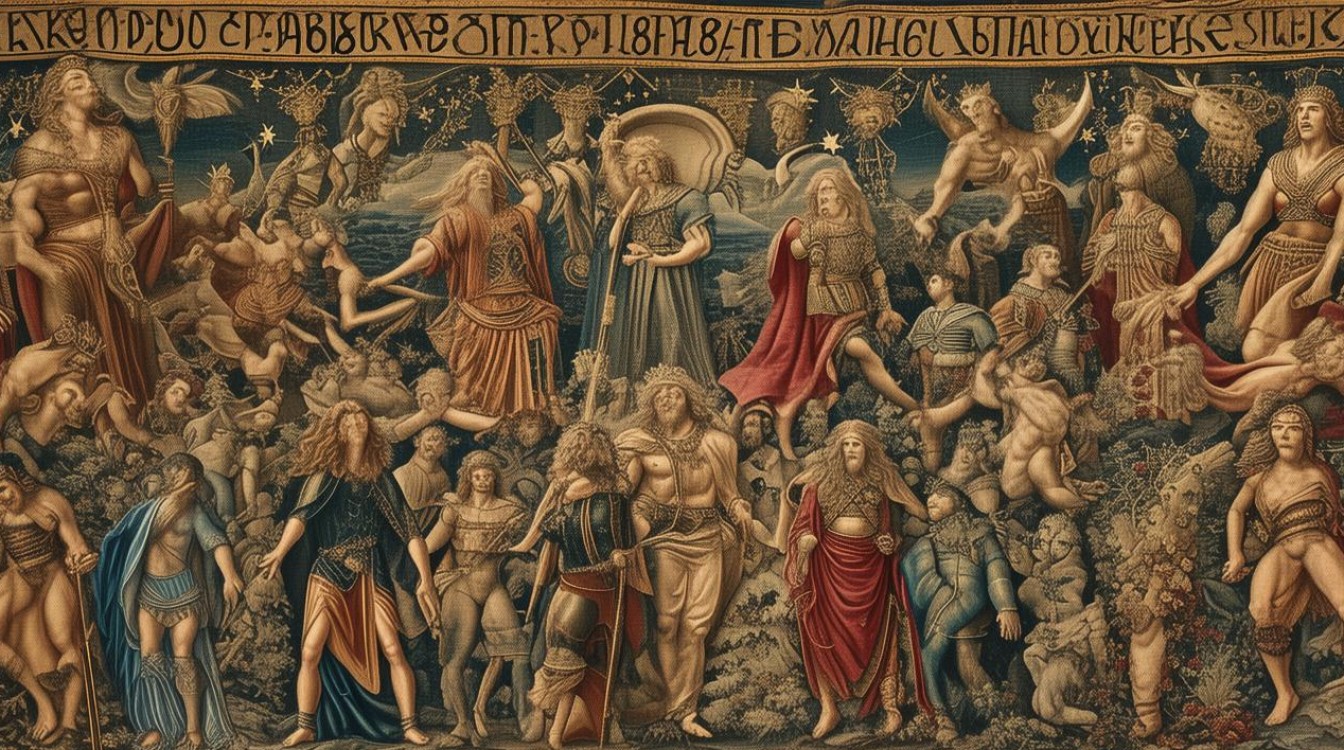Western mythology, a cornerstone of global cultural heritage, weaves together intricate tales of gods, heroes, and moral dilemmas. Rooted in ancient civilizations like Greece, Rome, and Scandinavia, these myths transcend time, offering insights into human nature, societal values, and the eternal struggle between order and chaos. Unlike other mythological traditions, Western myths often emphasize individualism, fate, and the complex relationships between mortals and the divine.

The Pantheon of Gods and Their Human Traits
One defining feature of Western mythology is its anthropomorphic deities. Greek gods, for instance, embody human emotions—Zeus’s wrath, Athena’s wisdom, and Aphrodite’s vanity. This personification makes them relatable yet formidable, blurring the line between divine and mortal. Roman mythology adopted these figures, renaming them (Jupiter, Minerva, Venus) while preserving their essence. Norse mythology, though darker in tone, similarly depicts gods like Odin and Thor as flawed beings navigating prophecies and rivalries.
This humanization serves a dual purpose: it explains natural phenomena while offering moral lessons. For example, the myth of Prometheus, who defied Zeus to bring fire to humanity, illustrates themes of rebellion and sacrifice. Such narratives resonate because they reflect universal struggles—ambition, loyalty, and the consequences of defiance.
Heroes: Mortals Touched by the Divine
Heroes in Western myths often straddle the mortal and divine realms. Hercules, born to Zeus and a mortal woman, undertakes twelve labors to atone for his sins. His journey symbolizes redemption through endurance. Similarly, Achilles, the Trojan War hero, grapples with his mortality despite his near-invincibility. These figures embody cultural ideals—strength, cunning, and honor—while their flaws humanize them.

Norse sagas introduce heroes like Sigurd, who slays dragons and seeks wisdom, yet falls victim to betrayal. Unlike Eastern myths, where heroes often achieve enlightenment, Western heroes frequently meet tragic ends, underscoring themes of fate and the inevitability of death.
Moral and Philosophical Undercurrents
Western mythology rarely offers simple moral binaries. The Greek Fates control destiny, suggesting even gods are bound by cosmic laws. The story of Oedipus, who unknowingly fulfills a prophecy of patricide and incest, explores free will versus predestination. Norse mythology’s Ragnarök—a cataclysmic battle leading to the world’s rebirth—reflects cyclical destruction and renewal, mirroring natural cycles.
These myths also critique hubris. Icarus’s fall after flying too close to the sun warns against overambition. The tale of King Midas, whose golden touch brings ruin, critiques greed. Such lessons remain relevant, echoing in modern literature and psychology.

Cultural Legacy and Modern Adaptations
Western mythology’s influence permeates contemporary culture. From Shakespeare’s references to Roman gods to Marvel’s reinterpretation of Thor, these stories evolve while retaining core themes. Psychological theories, like Jung’s archetypes, draw from mythic figures, proving their enduring relevance.
Unlike static relics, these myths adapt. Rick Riordan’s Percy Jackson series reimagines Greek gods in modern America, introducing new generations to classical tales. Similarly, Neil Gaiman’s Norse Mythology revitalizes Viking lore with fresh narratives.
Why Western Mythology Endures
The power of Western myths lies in their duality—they are both timeless and malleable. They answer existential questions while allowing reinterpretation. Whether through Homer’s epics or modern films, these stories continue to captivate because they mirror the human condition: our fears, desires, and relentless quest for meaning.

Western mythology is not merely a collection of ancient stories; it is a living tradition that shapes art, literature, and thought. Its gods and heroes, flawed yet grand, remind us that even in the face of fate, humanity’s spirit endures.

